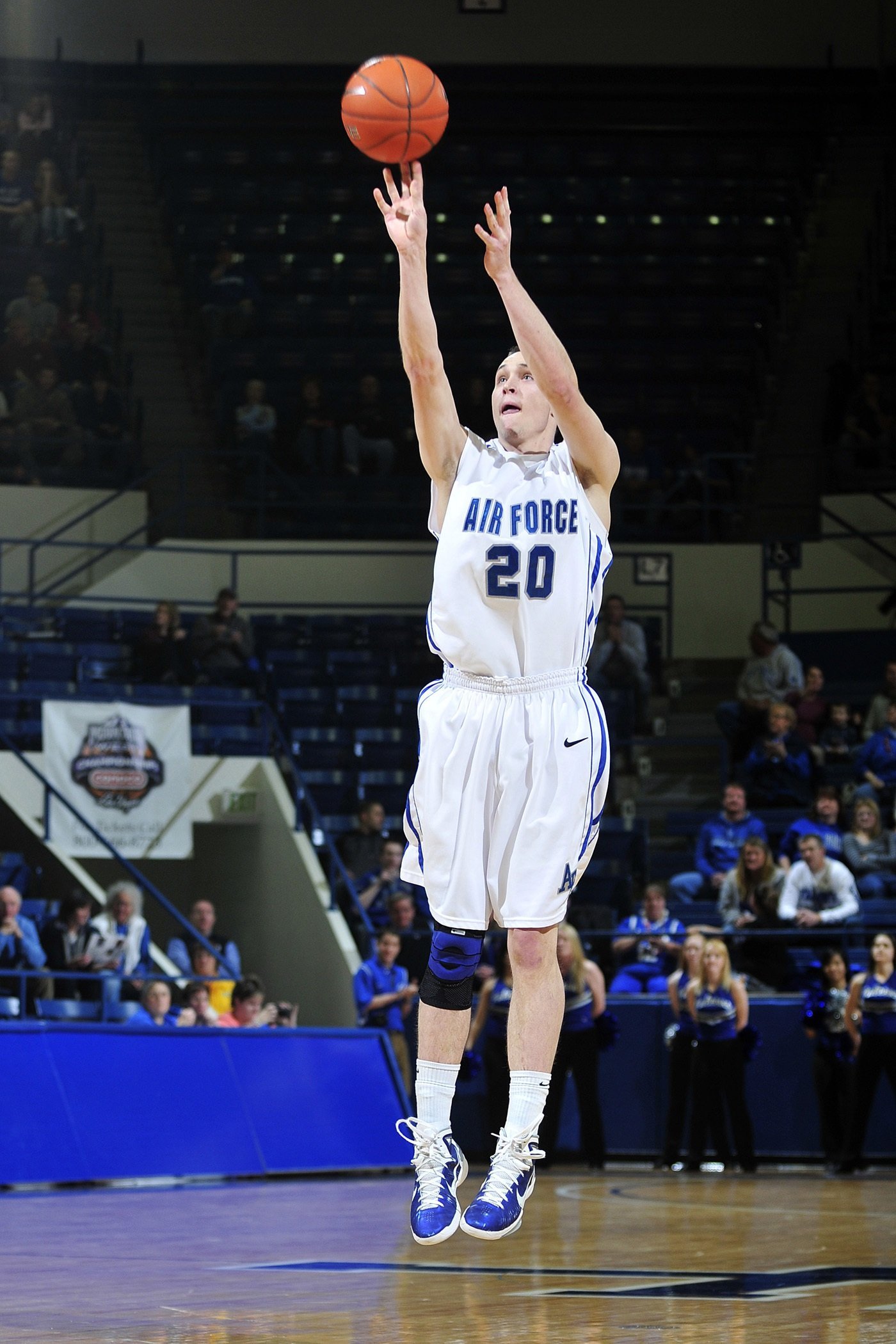It’s no secret how much I enjoy working with youth athletes. Having the chance to play a small part in their lives as they navigate through their middle school and high school paths on their way to realizing their dreams of playing in college is truly rewarding.
I also find collegiate athletics inspirational, but as for the governing body, The National Collegiate Athletic Association (NCAA) — not so much.
This week, the NCAA opened the doors for student athletes to financially benefit from any use of their name, image, and likeness — a seemingly welcome, albeit late-coming, move! But let’s stop there for a moment. You would be hard pressed to find another example in history where an organization could monetize off of a person’s image, but it was illegal for the person whose image it is to do so. Not the case in NCAA sports — student athletes can literally be fined, charged, and even expelled for profiting off of their athletic likeness.
The idea that the NCAA may be moving in the direction of correcting a policy that many find outdated and draconian has excited current and former athletes alike.
But wait, did you read the ruling? In actuality, the NCAA really hasn’t changed anything. Rather, it directed Division I, II, and III colleges and university leaders to begin modernizing the rules while at the same time maintaining the distinction between college and professional athletes. Essentially, the NCAA asked the colleges to submit their ideas for new rules, and they will review them in January 2021. A little more delay to rectifying a longtime imbalance.
My take on student athletes is that they should ALL receive some form of stipend, and the stipend would vary from sport to sport and athlete to athlete, but a basic stipend would be a part of the athletic package.
I could give a dozen arguments for why I believe this is the correct thing to do, but here are two of my favorites:
- The NCAA states that its goal is for student athletes to be treated the same as every other student. Yet the NCAA involves the student athlete in a multibillion-dollar endeavor and then restricts the athlete from any college benefit beyond the scholarship. No other person within the college community is so restricted.
- This will sound as elitist as it is meant to sound. Only 2 percent of high school athletes get athletic scholarships. They are a special class who simply cannot be treated the same as every other student. I would go further and say that EVERY student athlete is part of this special class. When people tell me that it isn’t fair for student athletes to get special treatment, I remind them that the student athletes I know have dedicated many hours — in most cases 10-20 hours per week — on practices, training, travel, games, and mastering their craft. Most have been doing this for many years while also still doing the academic assignments given to their classmates. Very few NON-student athletes have dedicated this much time to mastering anything, including their school work.
In essence, if student athletes are going to labor in a way that creates benefit to all the other students — in terms of creating revenue streams for the schools to spend on facilities and equipment for use by everyone, or even in terms of building school spirit, then should they not also be benefactors of their own success? For those who would say they are benefiting by being given an academic opportunity, I would ask you to consider that they make many sacrifices in order to provide a service to their schools, whether those sacrifices be in the form of limited access to academic majors or limited social opportunities or even prohibitions from having an outside job where they can make money to support themselves.
I personally am looking forward to seeing what universities leaders bring back to the NCAA in terms of offering compensation to students who create the publicity and revenue earned through university sports. It won’t be too soon.










